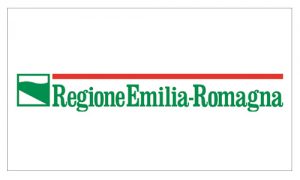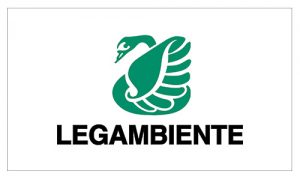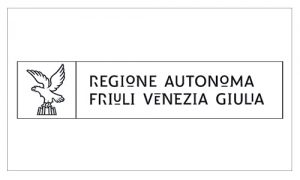The main beneficiaries of the LIFECO2PEF&PES Project will be the companies operating in the forestry industry and, first and foremost, those involved in the timber, paper and construction sectors. The companies involved in forest-based products are those primarily interested in knowing what is the impact of the materials they are using on the entire life cycle. Therefore, the evaluation of the ecological footprint of their products (Product Environmental Footprint – PEF) is specifically addressed to them. One of the project’s objectives is, in fact, to improve the production system of the forest-based industries, that will lead to increasing CO2 absorption and storage capacity of the forests in the pilot areas. The method they come up with can then be exported to other European forestry areas.
Another important target of the project involves producer companies, business organisations, local authorities, parks and protected areas, sector associations and trade companies and services potentially interested in acquiring ecosystem services. The project will develop a methodology attributing an ecosystem service value (PES – Payment for Ecosystem Services) provided by the forests and will create an ecosystem services market which will support the sustainable forestry management allowing for their production.
The intention is to demonstrate that an effective forestry management is able to increase forestry ecosystem services, especially carbon storage and, therefore, that it is useful that the entire production system these services utilise can contribute to it being maintained. Here, the forestry operators and the bodies responsible for the management of the forests play a specific role. It is important that they are aware of the difference that a sustainable management can achieve in providing ecosystem services.
Indirect beneficiaries, but where specific actions are concerned, are the policy- makers which will provide the necessary legislative support and the policies for the ecosystem services market and, in general, the recognition of the importance of the forestry sector regarding climate policies. Local, regional, national and European levels will all be beneficiaries of the dissemination of the project, also with requests that may favour the duration of the results.
Finally, important interlocutors in the information and dissemination activities will be the end-consumers. By means of the methodology based on the PEF life cycle, a product’s environmental impact will be calculated. Consequently, the consumer will have an additional tool to choose a sustainable product, identified by precise and reliable environmental criteria. Moreover, the citizen will be informed about the ecosystem services and their worth, so that they can recognise them and increase their awareness of the environmental role played by forests and trees.









